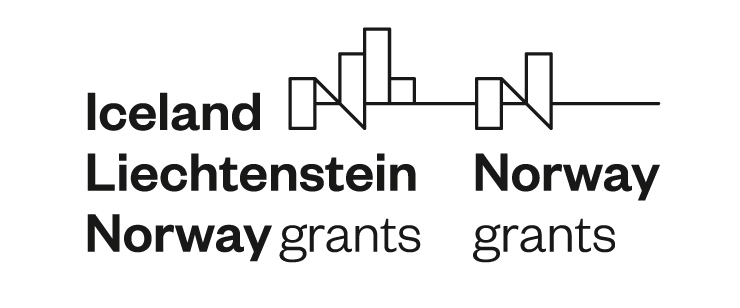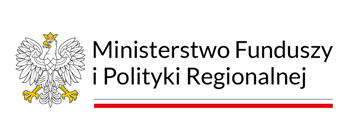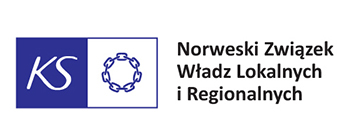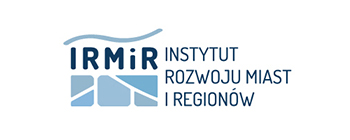According to the latest Digital Economy and Society Index report of the European Commission (EU DESI 2022), Poland ranks 24th among the 27 European Union member states in terms of human capital in the digital society, ahead of Greece, Bulgaria and Romania only. Most recent basic digital skills-related statistics place Poland below the EU average. Experts have been declaring emphatically that Poland ought to intensify digital skill enhancement efforts while paying special attention to developing digital skills in education and training on primary, secondary and vocational school levels, and fostering skills improvement and requalification, advanced and state-of-the-art technologies of particular significance.
The Digital Cities in Digital Poland on the Final stretch of the ‘Local Development’ Programme seminar held on February 8th focused on sharing valuable experience and trustworthy practices in the area of urban digitisation – a technological and organisational challenge as well as a sustainable development opportunity for cities and towns of different population sizes. As is customary for every Local Development Forum seminar, examples of successful projects were listed. The use of digital potential in urban service development, improved communication with local residents, and effective urban resource management were pivotal to discussions throughout this session. Przemyśl, Rydułtowy, Konin and Świdnica shared their experience in fields of digitisation and the use of state-of-the-art digital technologies. Most of the speaker municipalities participated in the soon-to-be-completed “Local Development” Programme.
Experts and practitioners described the potential of open data and urban labs to processes of stimulating innovation and supporting the introduction of smart urban solutions responding to genuine local needs. Case studies included examples of how digital tools can be effective in preventing social exclusion by facilitating access to public services and education, and in improving overall urban life quality.
Sources of digitisation funding over the coming years were an important matter debated during the seminar. It is noteworthy that the European Commission has tabled an ambitious plan of making the 2020s the “European digital decade”, with intent to accelerate efforts to transform public administration systems, and provide micro-, small- and medium-sized enterprises with full access to digital technology-related benefits. Assistance for the evolvement of mature e-services co-ordinated and integrated with regional and national platforms will be prioritised.
“Today’s seminar has introduced us to many valuable examples of projects delivered by Polish cities and towns; it is therefore apparent that we are transforming in the correct direction, which is a truly great beginning,” said Agnieszka Dawydzik, Association of Polish Cities advisor to municipalities.
Digital project funding options available to Polish cities and towns include that of reaching for direct financing from Brussels: the Digital Europe Programme 2021-2027. The Programme offers project funding in areas of supercomputing, Artificial Intelligence, cybersecurity, advanced digital skills, and securing broad use of digital technologies in the economy and society. The latter two may prove of particular interest to Polish cities and towns.
“One would be hard-pressed to refer to digital solutions in cities and towns as novel these days; they are more of a necessity,” said director Maciej Aulak of the Ministry of Development Funds and Regional Policy during the meeting. “It is hugely important that cities and towns who have decided to digitise have a population determined to engage in the process. The technology is not applied without heed for local residents’ needs; on the contrary, the participation component is forceful: local residents decide as to how and in which areas they would expect their cities and towns to digitise.”
Director of the Association of Polish Cities Office Andrzej Porawski emphasised that to local government structures, digitisation is an opportunity for improved operational efficiency, better services offered to citizens and businesses alike, more co-ordinated and updated use of information, and an enhanced decision-making process based on facts rather than intuition or plans. “There are many reasons for which effective digitisation is significant from the local communities’ perspective,” he said.









